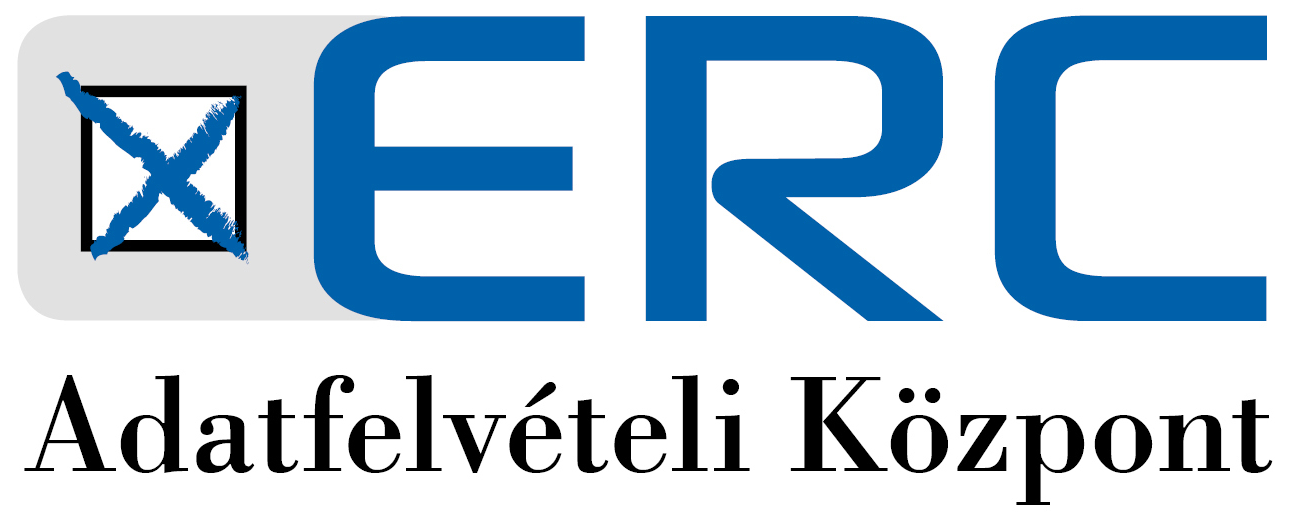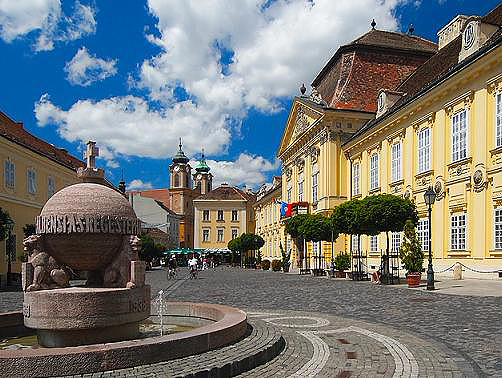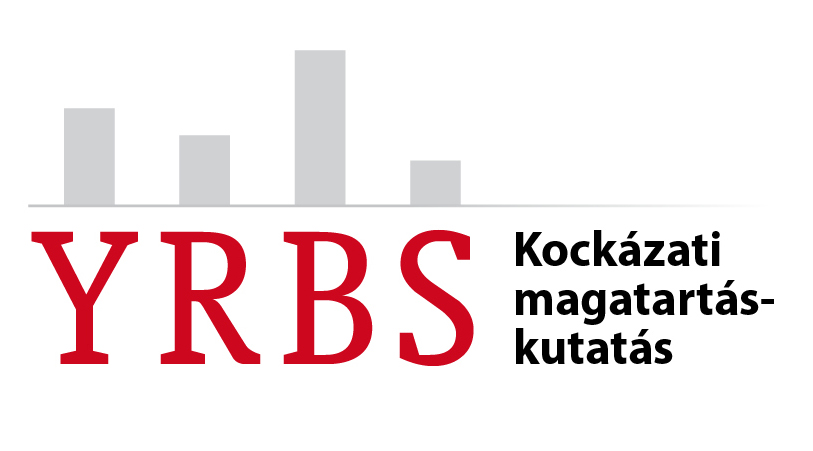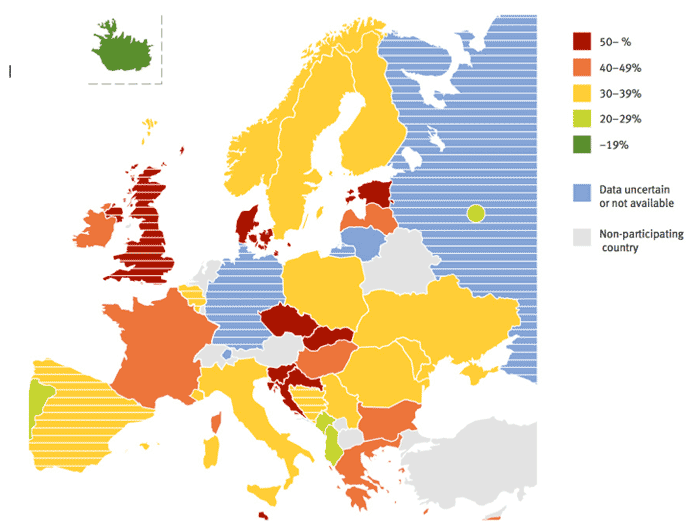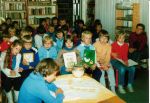 The transition from socialism to market economy has changed the quality of life of people in many aspects, therefore it is obvious for us to conduct research on quality of life. Research on this field is conventionally conducted among the population, collecting various statistical and descriptive data about people. We can differentiate between seven dimension of quality of life according to the literature: 1) the standard of facilities: shopping facilities, indoor sport facilities, library, etc., 2) living and housing conditions: quality of buildings, and the neighborhood, 3) climate of community: social networks and relationships, whether people feel well in the settlement, 4) status indicators of the population compared with other regions, 5) adequate earning opportunities nearby, 6) aesthetic aspects: how the surrounding buildings look like, environmental areas nearby, 7) external relationships: relationships with the administration and other institutions. These are the main issues concerned and debated in quality of life research - the difference between them, derives from the different questions raised, and also regarding their intensity. The main focus of quality of life surveys is how people assess their social and economic environment, and the potentials for good life. In this respect we put a special emphasis on investigating the quality of life of the adolescent generations.
The transition from socialism to market economy has changed the quality of life of people in many aspects, therefore it is obvious for us to conduct research on quality of life. Research on this field is conventionally conducted among the population, collecting various statistical and descriptive data about people. We can differentiate between seven dimension of quality of life according to the literature: 1) the standard of facilities: shopping facilities, indoor sport facilities, library, etc., 2) living and housing conditions: quality of buildings, and the neighborhood, 3) climate of community: social networks and relationships, whether people feel well in the settlement, 4) status indicators of the population compared with other regions, 5) adequate earning opportunities nearby, 6) aesthetic aspects: how the surrounding buildings look like, environmental areas nearby, 7) external relationships: relationships with the administration and other institutions. These are the main issues concerned and debated in quality of life research - the difference between them, derives from the different questions raised, and also regarding their intensity. The main focus of quality of life surveys is how people assess their social and economic environment, and the potentials for good life. In this respect we put a special emphasis on investigating the quality of life of the adolescent generations.
Research reports are available in Hungarian. For further information concerning the research projects, please contact us via the projekt@echomail.hu e-mail address.

